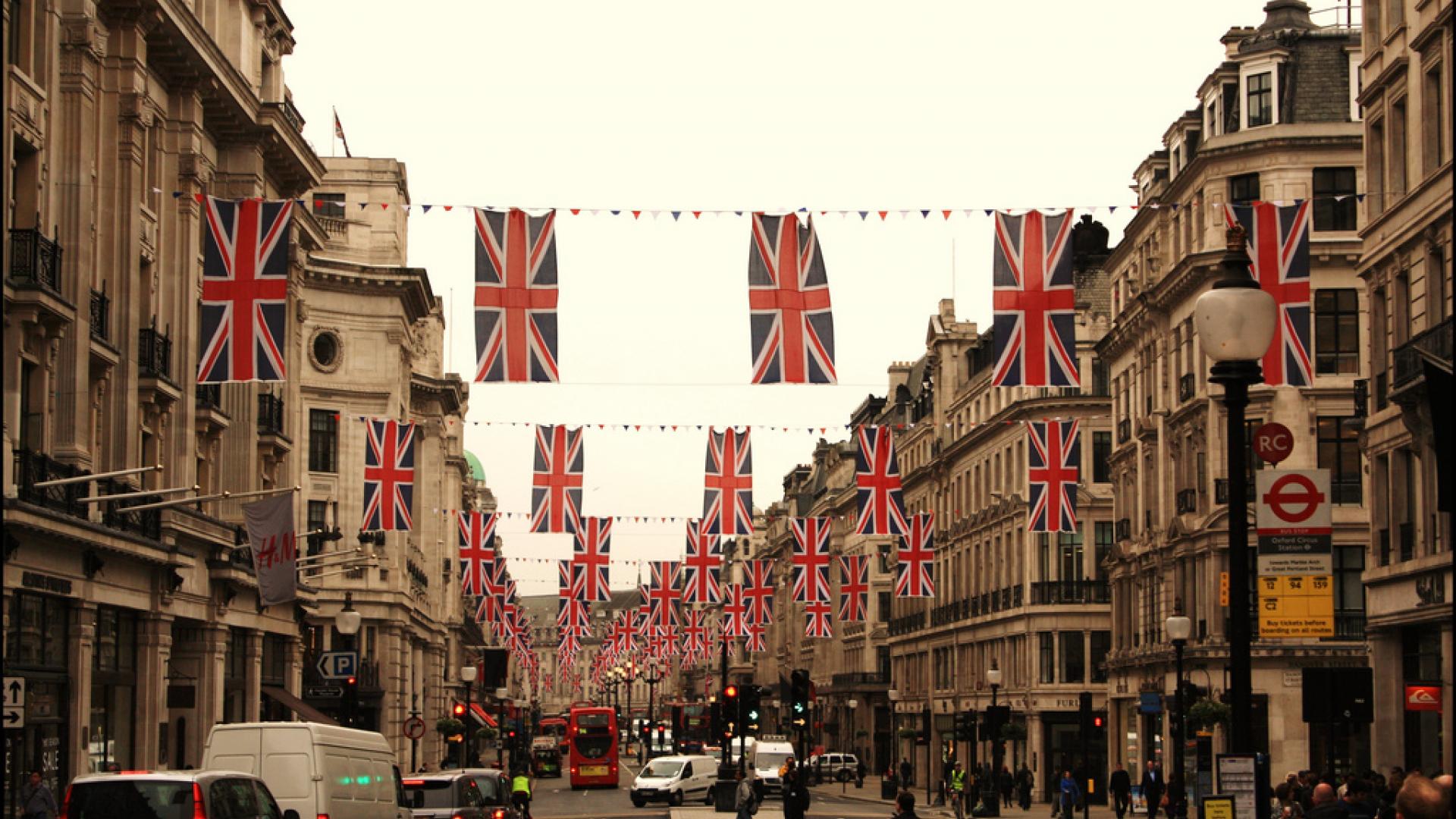The diamond jubilee celebrations are over. The bunting is being put away. The street party application form is being archived. So, as the euphoria and hubris subsides, let's be mercenary. Does the royal family do enough for charities? Well, as Euro 2012 begins there is only one way to answer this question. Who would be on my fantasy royal charity patronage team? Let's start at the top with the team captain: the Queen.
The Queen is undoubtedly a formidable patron for charities. We now know, thanks to CAF's recent research that the Queen is patron of 510 charities, which collectively raise £1.4bn. To be frank, it is impossible for her to be an effective patron to that number of charities. Even if she only had one engagement with each of the 510 charities once a year, that would still add up to two engagements every weekday. Patronage effectiveness score 3/10.
Prince Philip has a completely different style of patronage from his wife. Where she spreads herself around, he is focused and strategic. The Duke of Edinburgh awards are now a mainstay of teenage life and a must-have for any ambitious Ucas university application. His commitment to a smaller number of charities such as WWF (ignoring occasional lapses of form over shooting tigers) and Action on Hearing Loss is excellent. Patronage effectiveness: score 7/10.
Prince Charles has a style of patronage unlike either of his parents. It would be hard to describe him as a team player. His mantra is: "If in doubt start a new charity". That said, the prince's charities undoubtedly do a good job, it's just that they play in a league of their own. But woes betide any charity that hopes to get the prince to simply trot out its corporate message. Patronage effectiveness: score 5/10.
Prince William is part of the new generation of charity patronage players: young, energetic and charming. With just a few patronage caps under his belt, the Duke of Cambridge is still at the beginning of his charity career. The early signs are encouraging with his support of charities such as Tusk and his brother's charity Sentabale. However, it's not clear whether his style of play is to support the existing or start afresh. He is a patronage player with huge potential but still needs to decide whether he is best playing as a striker or defender. Patronage effectiveness score: 7/10 (but this will soon go down unless he decides where his charity strengths lie).
The Duchess of Cambridge – if she played football we would be set to win Euro 2012 with the rest of the team on the bench. In patronage terms she has only had one outing with a speaking role for an East Anglian hospice. The expectations are enormous but many a young player has been damaged by the weight of expectation – think Theo Walcott or Jack Wilshere. Patronage effectiveness score: it's too early to give the duchess a patronage score but she will need careful management to deliver her full potential.
The Princess Royal is the Michael Owen of royal patronage – used to be a strong performer but is currently spending too much time on the bench. It is a waste that her skills are not being used, but her support for the Olympics and the jubilee may be reason for this. It would be a wise charity who looked to harness her energy and commitment post-Olympics. Patronage effectiveness score: too little recent form to give a score.
There is a serious point behind my tongue-in-cheek analysis. The royal family is capable of being one of the biggest supporters and cheerleaders for the charity sector. They can be really effective in raising awareness and money. However, its impact is diluted because there appears to be no overall strategy for its involvement with individual charities or the sector as a whole. The approach of the Queen is so different from that even of her husband or her two oldest children.
Without wishing to sound like a football fan harking back to the glory days of 1966, Princess Diana had an excellent approach to patronage. She used her support to change public perceptions of issues as diverse as landmines and HIV/Aids. She supported a more limited number of causes and didn't feel the need to start her own charities.
Some of our recent research shows that the public would like to see the royal family donating its personal wealth as well as giving its time to charities: 36% of the public thought that this should be done in their lifetime, 16% in their wills and 9% thought they should do both. The fundraiser in me thinks it would be an excellent idea for them to give money, publicly, to charities. It would set a brilliant example to the rest of society. Even if they don't give money, the royals can and should be explicitly linked to fundraising appeals.
The royal family needs both a personal approach to its patronage and support for good causes, as well as a collective approach. The royals are an enormous asset to charities – but with more thought and a better strategy it could be even more so.
A few interesting and thought
A few interesting and thought provoking article.
But I must question why the focus is on getting more from the donors, rather than ensuring that what funds are being given, are done so in the most (cost) effective manner and being used in the most efficient way.
If charities want to emulate big corporations by having expensive offices in the West End with all the trimmings of opulent foyers and lavish boardrooms, then they must be able to report back to their stakeholders with increased effectiveness and efficiencies. Although the units of measure may be difficult I regret, especially in the area of Tax Efficient Giving where it can be measured, that this is currently woefully low.

